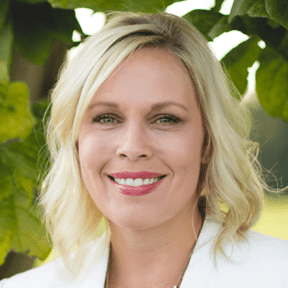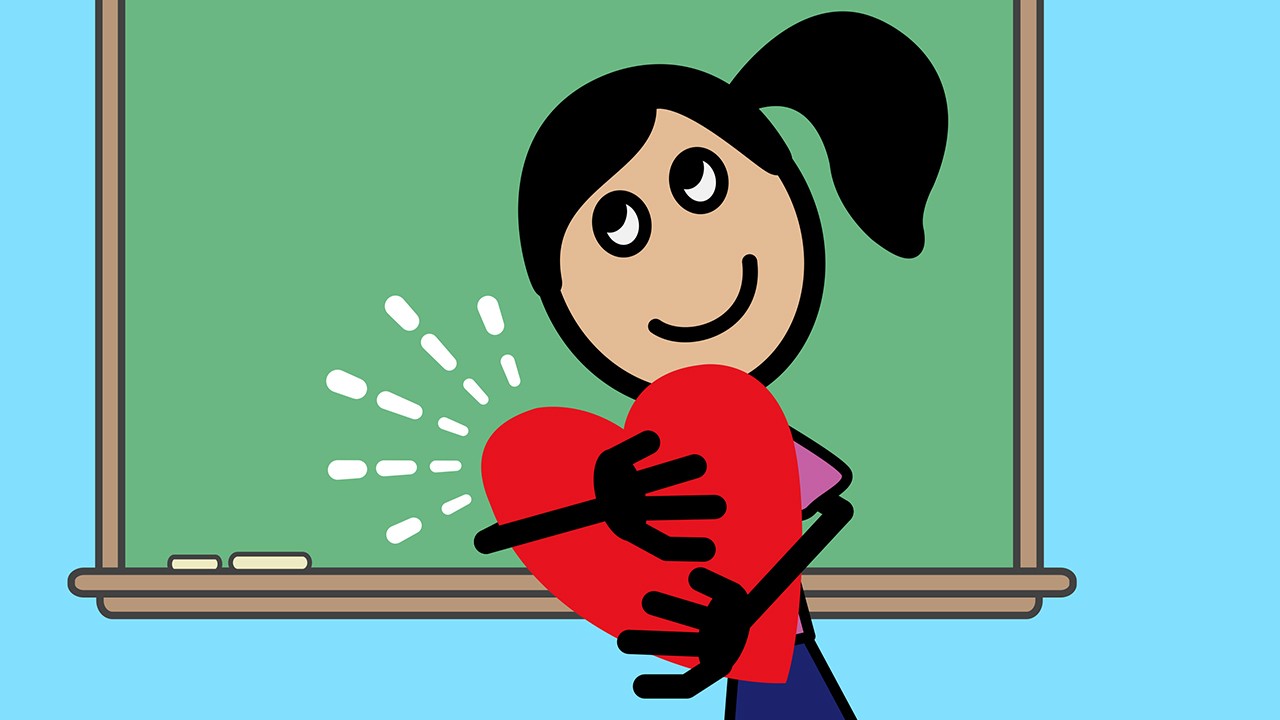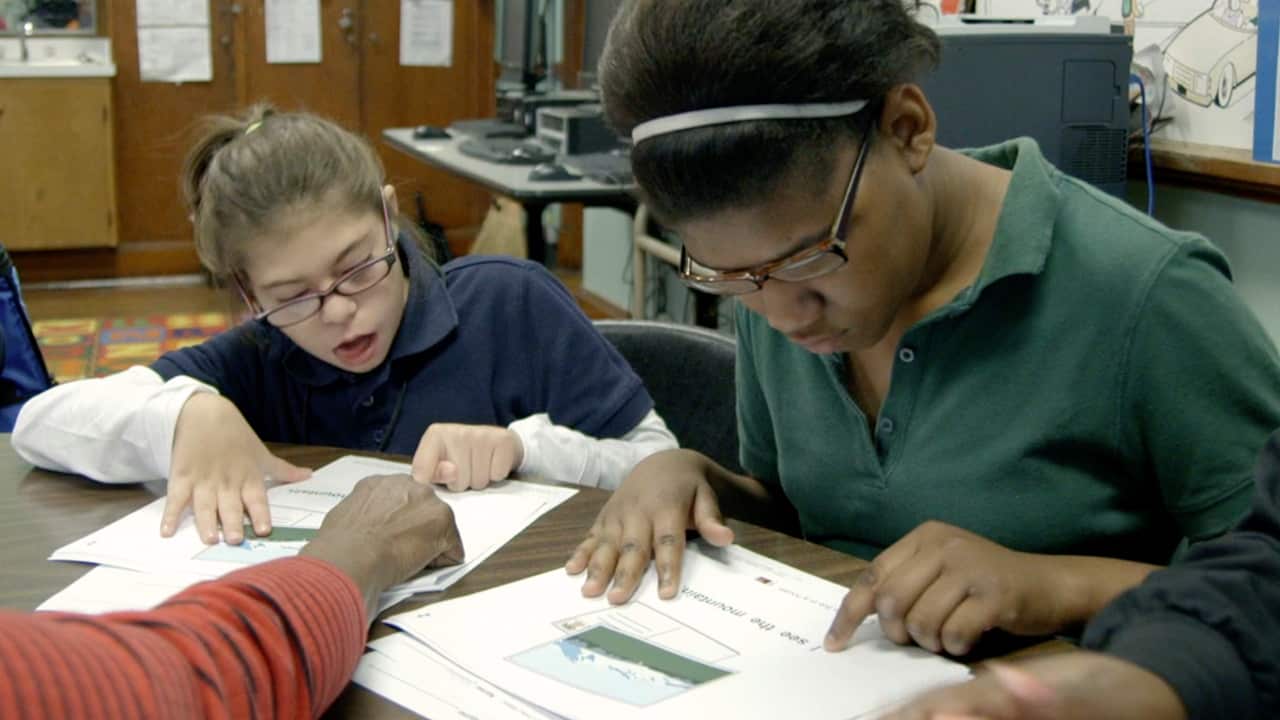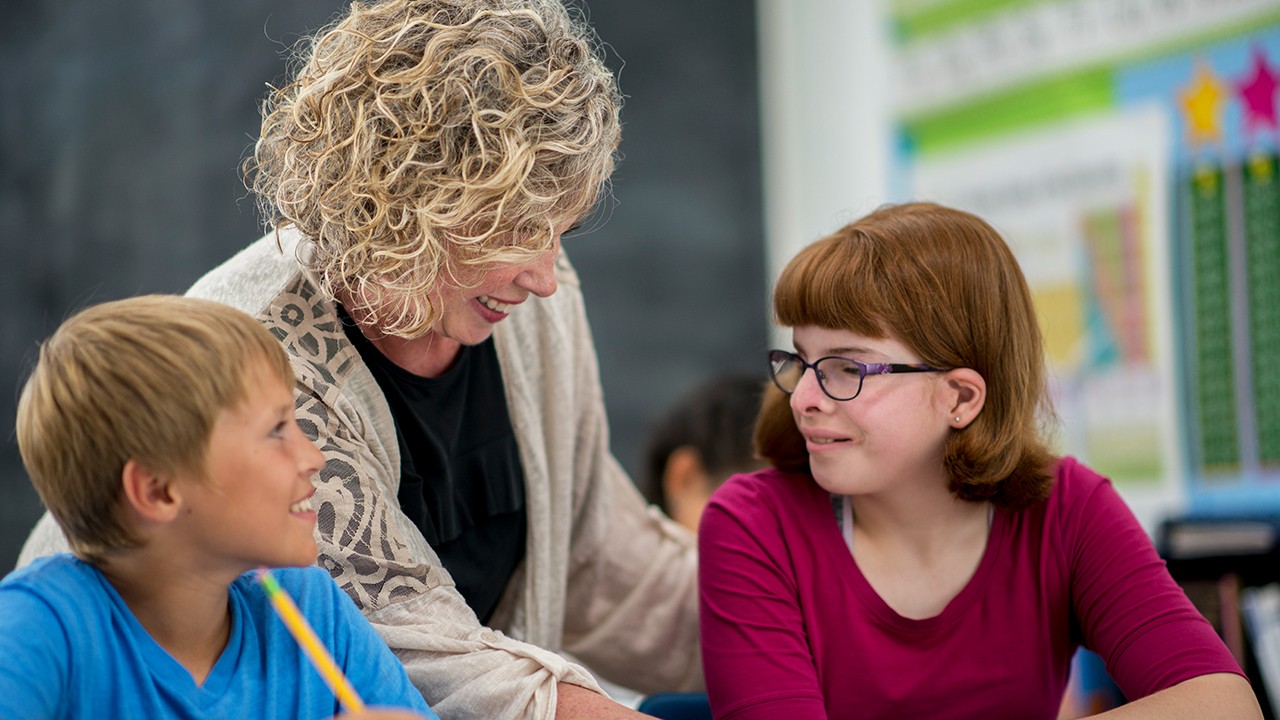If implemented correctly, social skills groups can be fun and help develop important skills while students participate in a range of age-appropriate activities.
Early in my teaching career, I fell in love with teaching social skills to students with autism. As a result, I started a weekly social skills group based on games to support social skill acquisition through what I intended to be authentic practice. I even went so far as to invite two students without autism to join the group as peer models. About two weeks in, I realized it was, as the kids say, “all kinds of wrong.” The group became a platform for rigidity and arguing about the rules of the game and who the winner was instead of a setting for forming friendships and providing social practice and success.
Through this process, I learned several key things about how I went wrong and what adjustments I needed to make in order for the group to be an effective teaching tool at any grade level. I’m happy to share what I learned throughout the process in hopes that it helps you harness this wonderful tool of social skills groups and avoid making the same mistakes I did. Here’s what I learned:
1. Start small.
I invited as many students with autism as I could, which created chaos and limited my ability to observe, collect data and help re-direct. There were so many students in the group that the students did not get to know one another as well as they needed to in order to create relationships. By starting smaller the first year, you allow the students to bond and form friendships, which helps them feel connected and more plugged into their school community.
2. Keep as close to a one-to-one ratio of targeted students and peer mentors as possible.
The two peer models got a bit ganged up on by the other students who had very different game preferences. This was difficult to redirect, and one of the peers said that he no longer wanted to attend. Who could blame him? He was volunteering to help the students, but he actually became the odd man out. A one-to-one ratio is ideal because students will learn social skills three times as quickly from their same-age peers as from a teacher. The trick is making sure the peers are modeling good social skills not poor ones and that there is an even mix of students with communication needs and without.
3. Do multiple activities, not just games.
This allows the students to be exposed to a variety of social experiences, which then pushes them outside their comfort zones, thus increasing social confidence over time. It also allows some of the students to excel in an area and help their friends. I remember we did a painting class on campus one day after school and many of the students with autism became pseudo painting instructors, helping their peers.
4. Enlist parents to help encourage/force consistent attendance.
If students only come once in a while, they don’t get to know each other and build rapport. This limits the effectiveness of having peer models in the group. Many of these parents have had to see their child through some unsuccessful social experiences, so they may need you to reassure them that a group is a safe place.
A final note about choosing your peer models. Using peer models is an Evidence-Based Practice and a very important component of any effective social skills group. Social skills are learned by watching those around us, so it’s vital that the peers you choose as models are naturally good with social skills. These students should be empathetic and kind (obviously!), but they must also be assertive. I mentioned that my students got bossed around a bit in my first group. I think they were being “too nice” and allowing the students with autism to always have it their way. This, while well intended, is reinforcing some of the social behavior we are trying to replace. Choose students who don’t have a problem coaching their peers to compromise and see other people’s perspectives.
With a little intentional planning, social skills groups can be highly beneficial at any age and for students with a variety of disabilities. Learn from my mistakes and set your group up for success.



